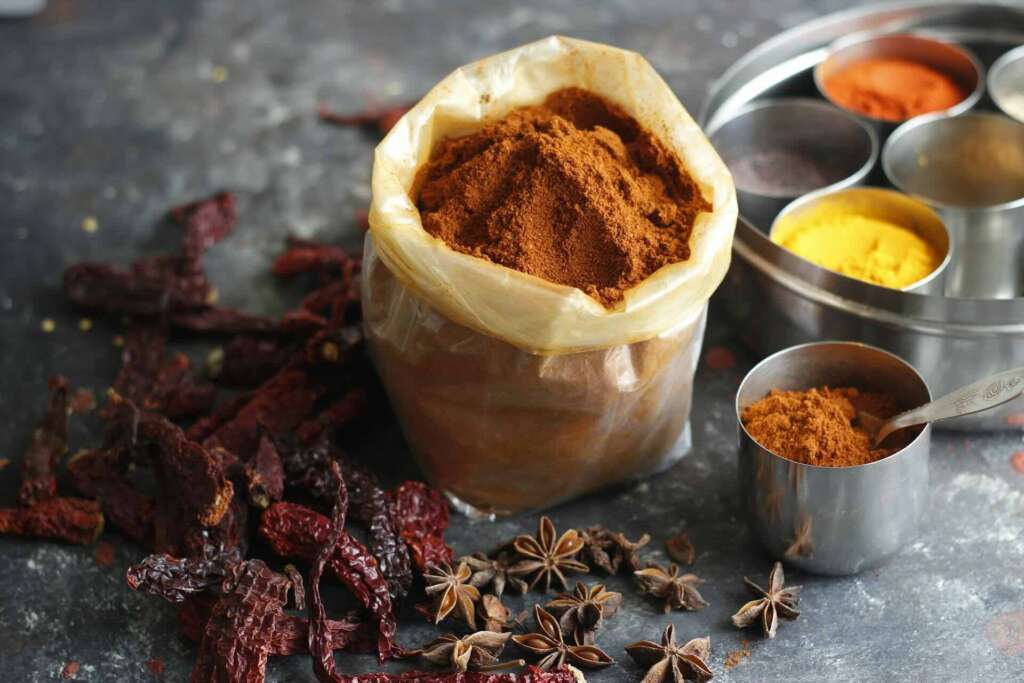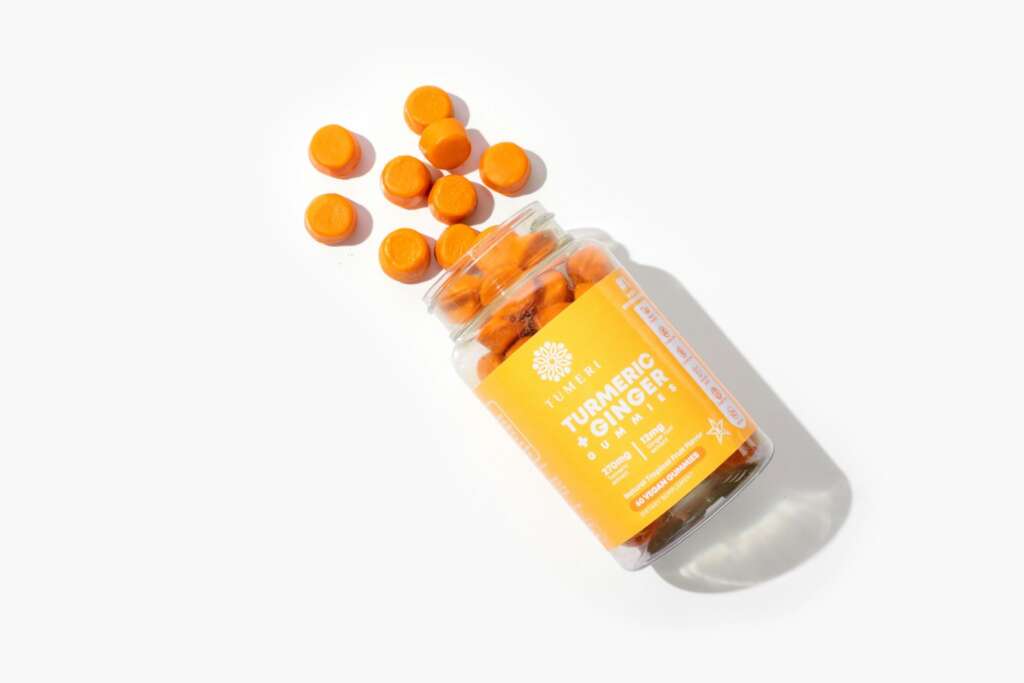Ever wondered why turmeric has been dubbed a superfood and how it can benefit your health? Turmeric, a vibrant yellow spice commonly used in Asian cuisine, has gained global recognition for its potential health benefits.
Originating from the root of the Curcuma longa plant, turmeric has been a staple in traditional medicine for centuries. Today, it is hailed for its anti-inflammatory, antioxidant, and potentially cancer-preventing properties. But what is it about this spice that makes it so special, and how can you incorporate it into your diet to reap these benefits?
Here’s what you need to know, including whether you should start taking a daily turmeric supplement to optimise your health, wellbeing and performance.
What is turmeric?
It’s a spice derived from the rhizomes (rootstalks) of the Curcuma longa plant, part of the ginger family. Known for its bright yellow color, it has been used for centuries in cooking, traditional medicine, and as a dye. The primary active compound in turmeric is curcumin, which is responsible for most of its health benefits. Curcumin has powerful anti-inflammatory and antioxidant properties, which help combat oxidative stress and inflammation in the body, according to a study published in the Journal of Medicinal Food.
Where does turmeric come from?
It originates from South Asia, primarily India, where it has been cultivated for over 4,000 years. It plays a significant role in Ayurvedic and traditional Chinese medicine. The spice is made by boiling, drying, and grinding the roots of the Curcuma longa plant into a fine powder. It is a key ingredient in many dishes, particularly in Indian cuisine, and is also used for its medicinal properties.

Why is turmeric called a superfood?
It’s called a superfood due to its high concentration of curcumin, which has been shown to have various health benefits. Curcumin’s anti-inflammatory and antioxidant properties are particularly notable. Research published in the Journal of Clinical Immunology suggests that curcumin can help manage oxidative and inflammatory conditions, metabolic syndrome, arthritis, anxiety, and hyperlipidemia. It may also aid in the management of exercise-induced inflammation and muscle soreness, enhancing recovery and performance in active people.
What does turmeric taste like?
It has a warm, earthy, and slightly bitter flavour with a hint of peppery spice. It is often described as having a mustard-like aroma with a subtle gingery undertone. While its taste can be somewhat intense on its own, it blends well with other spices, making it a versatile addition to both savoury and sweet dishes. The flavour is enhanced when combined with ingredients like black pepper, ginger, garlic, and cumin, which can help balance its bitterness and bring out its aromatic qualities.
How can I increase my turmeric intake?
Turmeric is a versatile spice used in a variety of foods across different cuisines, particularly in Asian dishes. Some common foods that contain turmeric include:
- Curries: Turmeric is a key ingredient in many Indian, Thai, and Middle Eastern curry dishes, providing a vibrant yellow color and earthy flavor.
- Rice dishes: It is often added to rice to create dishes like turmeric rice or pilafs, giving the rice a golden hue and a mild, aromatic taste.
- Soups and stews: It can be used to enhance the flavor and color of various soups and stews, such as lentil soup or chicken stew.
- Smoothies: A pinch can be added to smoothies for an extra health boost, often paired with ingredients like ginger, pineapple, and coconut milk.
- Teas: Turmeric tea, also known as golden milk, combines turmeric with milk (or a milk substitute), black pepper, and sometimes ginger and honey for a warming, anti-inflammatory drink.
- Marinades and dressings: It is used in marinades for meats and vegetables, as well as in salad dressings, to add a unique flavor and health benefits.
- Baked goods: Some recipes incorporate the ingredient into bread, muffins, and other baked goods for added color and nutritional benefits.

Does research support turmeric’s health claims?
Many studies support the claims, particularly regarding its anti-inflammatory and antioxidant properties. According to research in the Journal of Alternative and Complementary Medicine, curcumin in turmeric can reduce symptoms in conditions like osteoarthritis and rheumatoid arthritis. Another study in the Journal of Cancer Prevention Research indicates that curcumin may have potential anti-cancer properties, though more research is needed in this area. However, it’s important to note that curcumin has low bioavailability, meaning it’s not easily absorbed by the body. Combining it with black pepper, which contains piperine, can significantly enhance absorption.
Should I take turmeric supplements?
Taking supplements can be beneficial, especially for those who do not consume it regularly in their diet. Supplements often contain higher concentrations of curcumin than you would typically get from using turmeric as a spice. Look for supplements that contain piperine or are formulated for better absorption. However, it’s always best to consult with a healthcare provider before starting any new supplement regimen to ensure it’s appropriate for your individual health needs and conditions.




